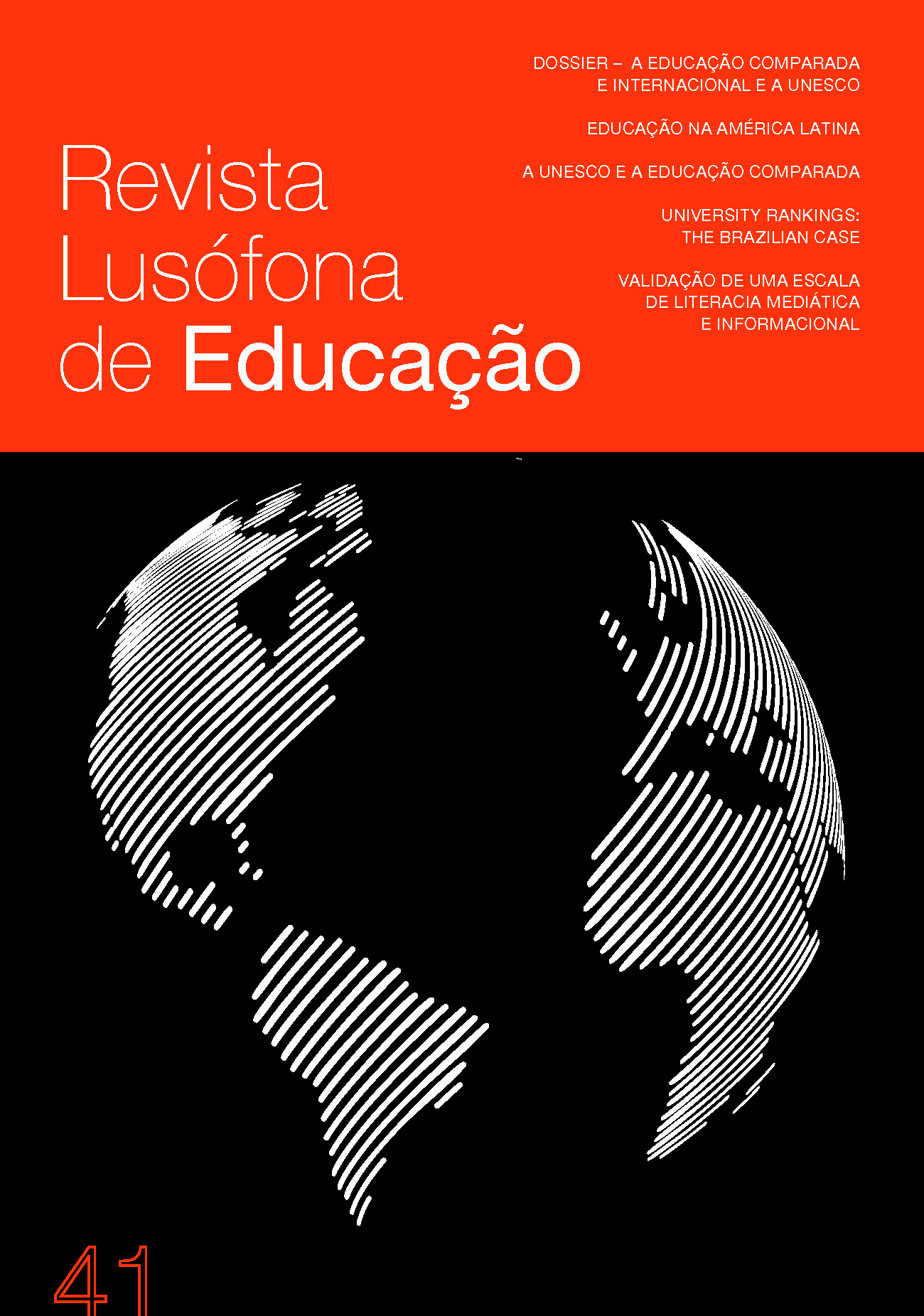The state of the art in comparative education and WCCES at a crossroads in the 21st Century
Resumo
The focus of this work is the potential contributions and emerging challenges in comparative education. Globalization has brought a heterogeneous world globalization, having the global capitalism mostly as an expression, whereas there has been place enough for dissent. Limited theory and empirical research defeat the purpose of comparative education as an intellectual field for the analysis of globalization and anti-globalization. The author, based on the journey of a critical theorist as WCCES president, establishes a brief historical perspective of comparative and international education. Regarding the latter not as a discipline, but as an interdisciplinary field, he states that in this period we learned to work in three broad orientations: scientific, pragmatic and an international dimension of education, eminently global. However, the best contributions of comparative and international education have not taken place in WCCES. Therefore, this work concludes with proposals for the Council. The most important are the adoption of the positions of the Incheon Meeting, as well as to assume that our commitment remains firm in favour of equity transformational projects.
Key words: comparative and international education; critical theory; globalization; global capitalism; WCCES.
Downloads
- Os autores e as autoras conservam os direitos de autor, sem quaisquer honorários, e concedem à revista o direito de primeira publicação, com o trabalho simultaneamente licenciado sob a Licença Creative Commons CC-BY - Atribuição 4.0 Internacional, a qual permite que outros compartilhem (copiar e redistribuir o material em qualquer suporte ou formato) e adaptem (remixar, transformar e criar a partir do material para qualquer fim, mesmo que comercial), com reconhecimento de autoria e publicação inicial na RLE;
- Os autores e autoras têm autorização para assumir contratos adicionais separadamente para distribuição não-exclusiva da versão do trabalho publicada nesta revista (ex.: depositar em repositório institucional ou como capítulo de livro), com reconhecimento de autoria e publicação inicial na RLE;
- Os autores e autoras têm permissão e são estimulado/as a publicar e distribuir o seu trabalho online (ex.: em repositórios institucionais ou na sua página pessoal), já que isso pode aumentar o impacto e a citação do trabalho publicado (Veja O Efeito do Acesso Livre).








